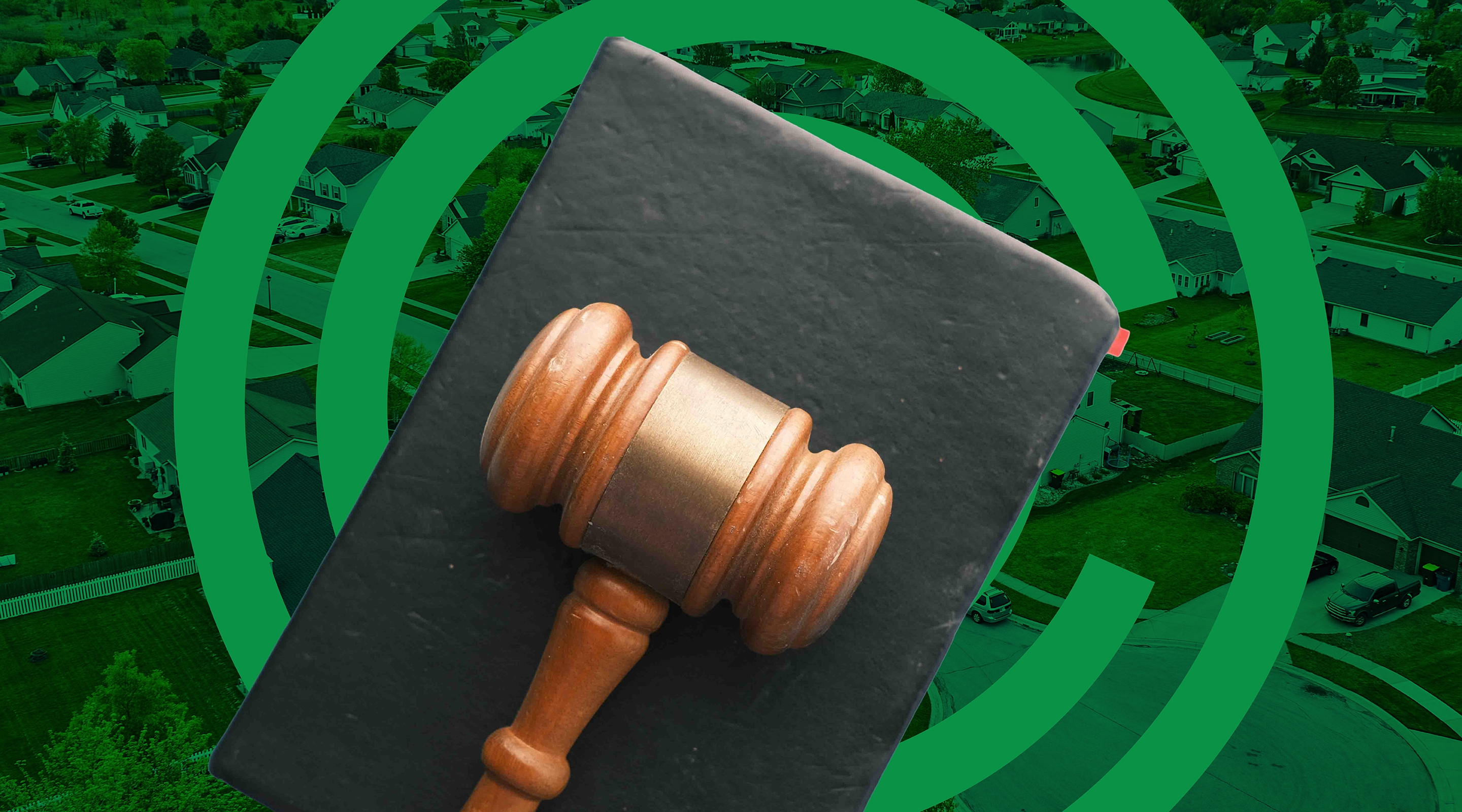
Why HOAs Need a Culture of Transparency, With or Without New Laws
Read
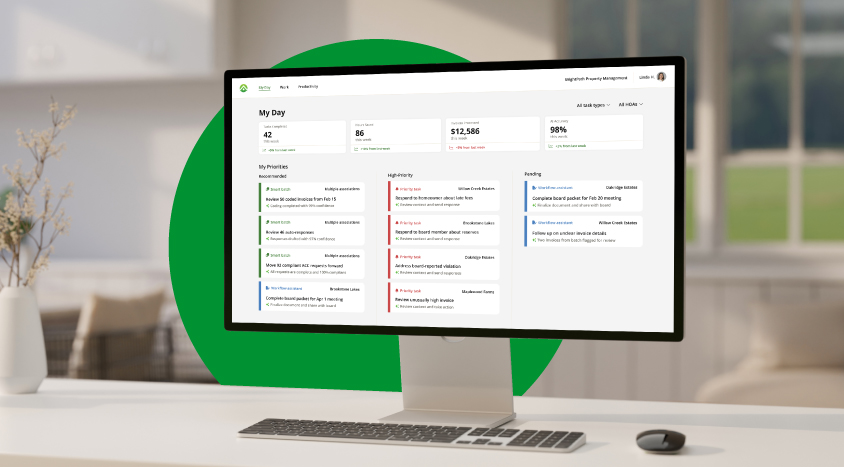
The Future of CAM Technology: Why CINC Leads the Pack in HOA AI Solutions
Read

Scaling With Soul: RISE Management Group Reimagines Growth Using AI
Read

Top 4 Benefits of AI for Community Association Management
Read
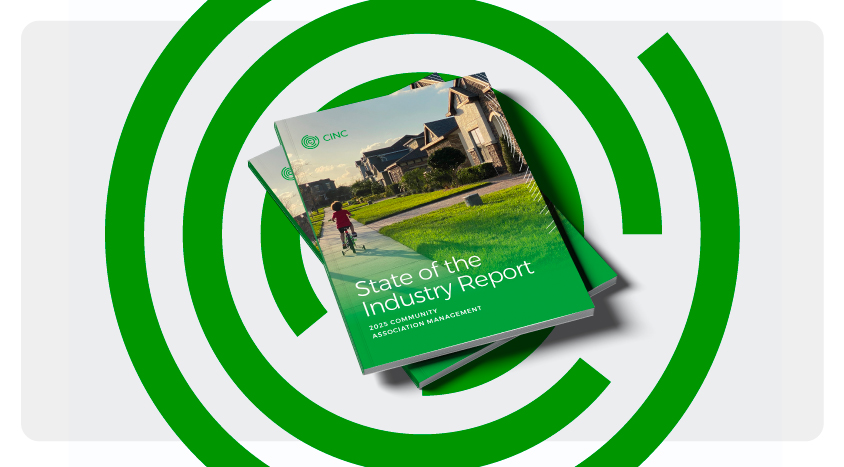
First Look: Inside the Upcoming 2025 State of the Industry Report
Read

Why I'm Not Losing Sleep Over HOA Legislation Like Florida House Bill 1203
Read

Enhancing Convenience and Flexibility for Homeowners with eCheck Payments
Read
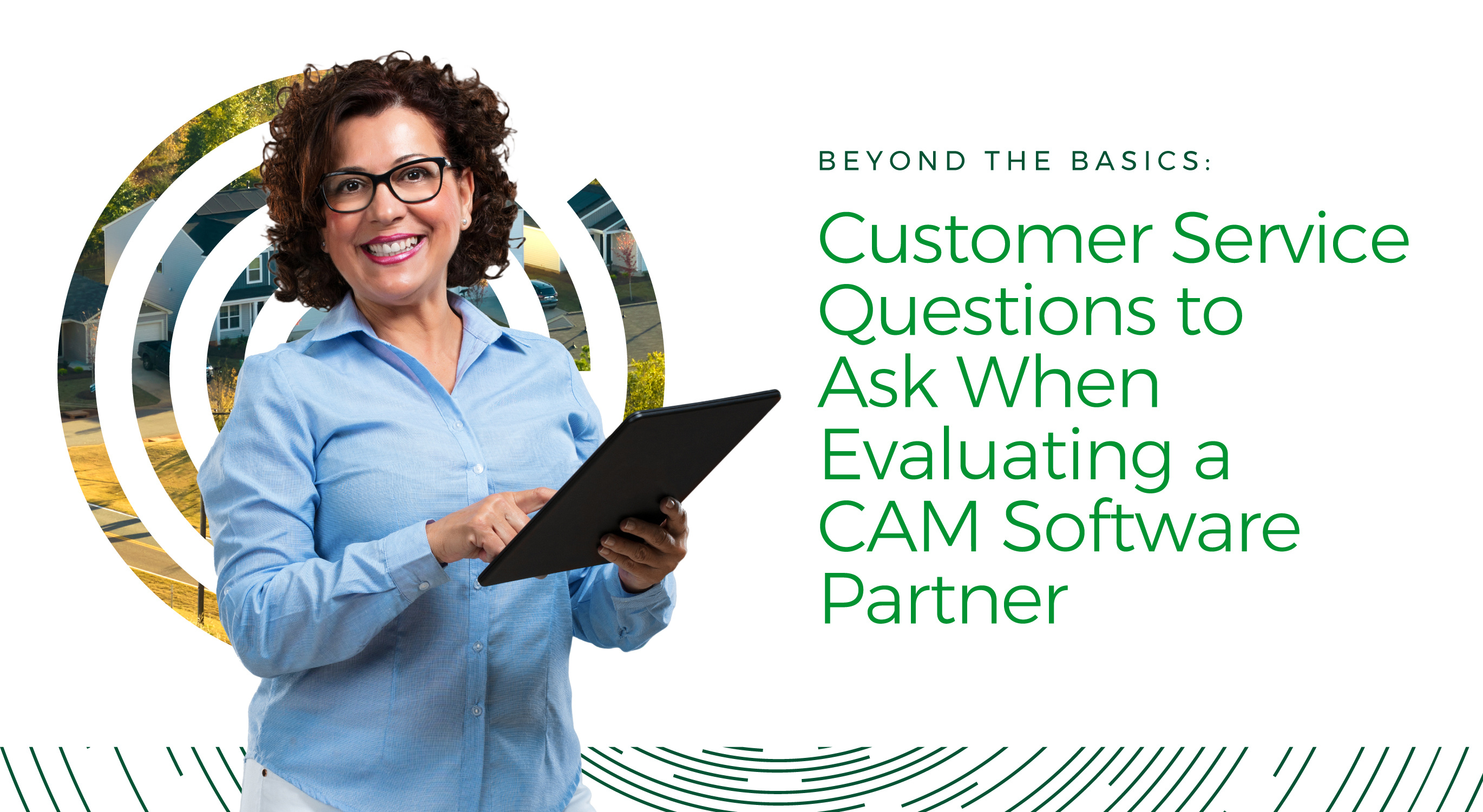
Customer Service Questions to Ask When Evaluating a CAM Software Partner
Read
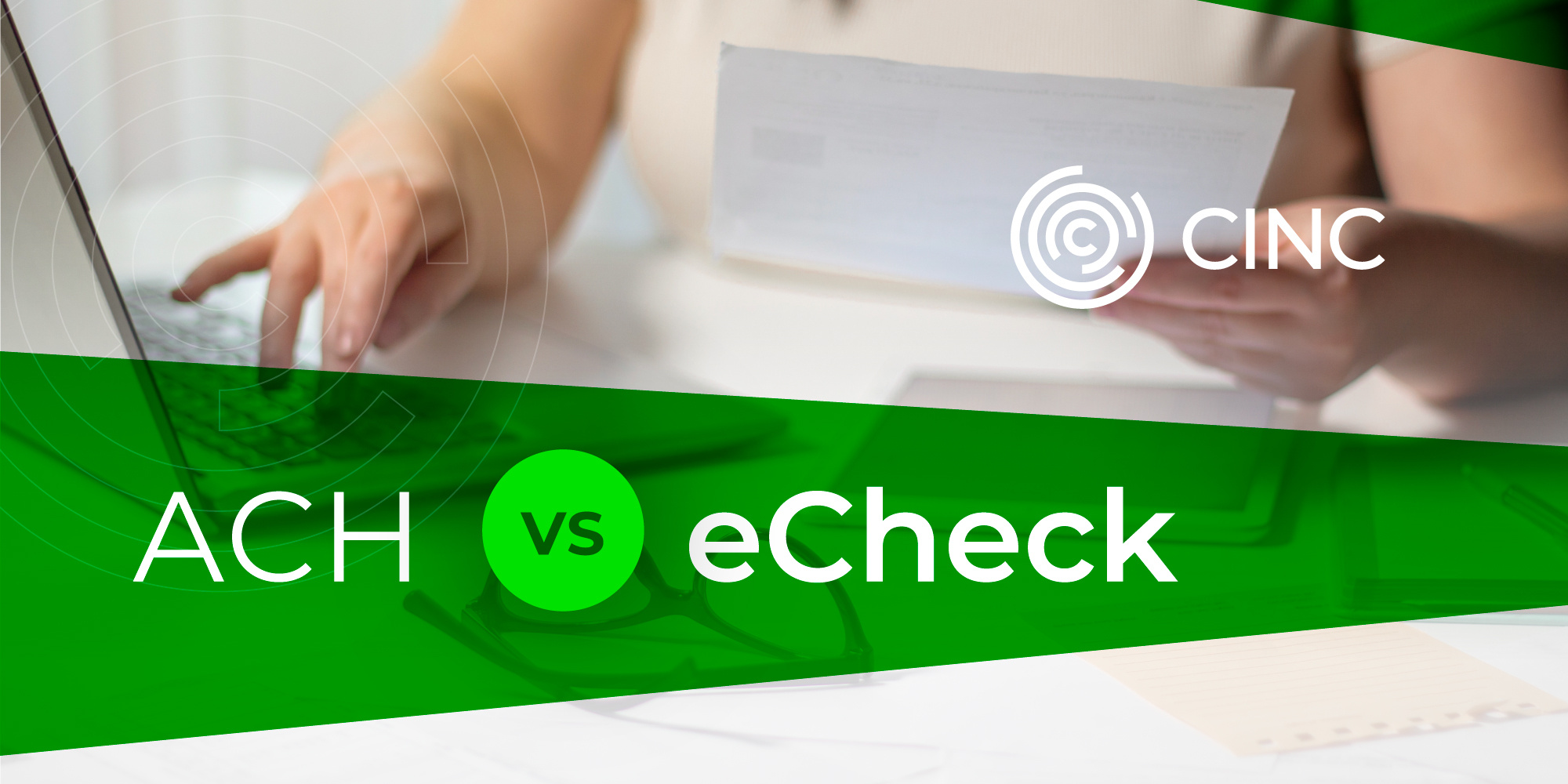
How is Recurring eCheck More Secure than ACH Debit?
Read

Homeowners questioning rising HOA fees? Here’s how management companies can demonstrate value
Read
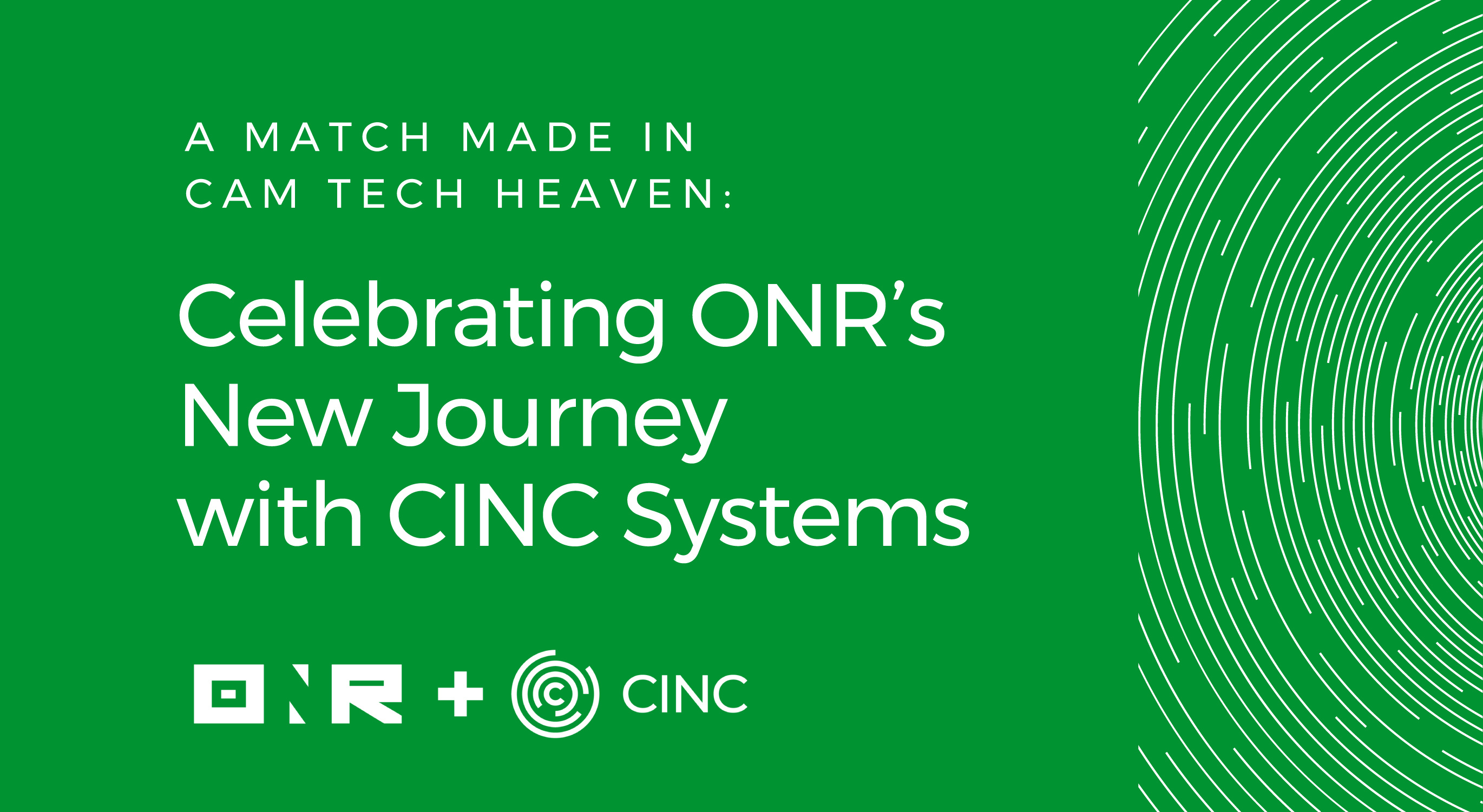
Match Made in CAM Tech Heaven: Celebrating ONR’s New Journey with CINC Systems
Read

How LA Wildfires Fuel the Insurance Crisis—and How CAMs Can Prepare
Read